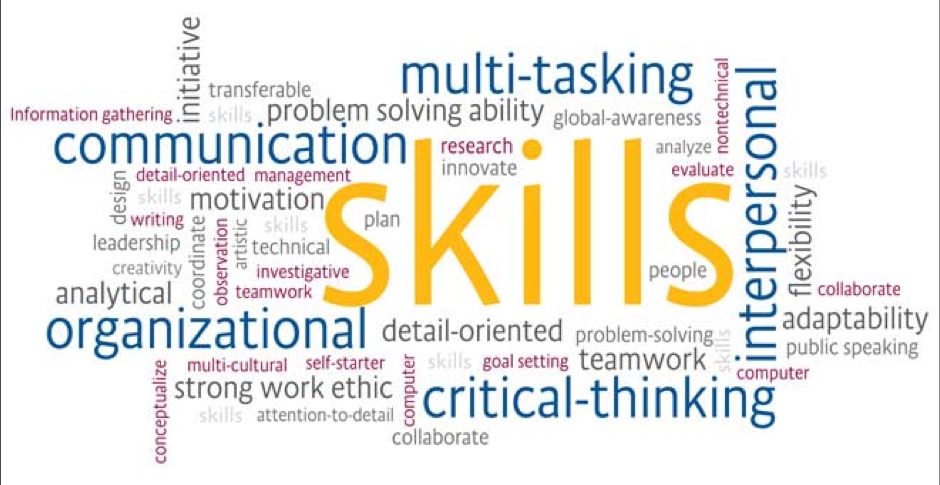
Over the past few months I have been shifting my attention to the Hi-Tech industry. I have this sense that there is a need for executive and leadership coaching in this sector, but it really is just a sense right now – unsubstantiated with any facts or data.
Those of you who have followed my blog for a while know that my interests lie in the area of Soft Skills: interpersonal communications, listening, showing empathy, networking, self-confidence and giving/receiving feedback, among other things. My initial (academic) research into the Hi-Tech sector has led me to believe that it has a need for soft skills development. That being said, it is still just a sense and I have no concrete evidence to support it, so I have set off to do some of my own research into the matter.
“Forget experience and hard skills — tomorrow’s best talent will need soft skills,” — CIO Magazine (March 27, 2017)
My initial goal is to speak to between five and seven individuals highly placed in the Hi-Tech sector in my community of Kelowna: founders, CEOs, CTOs and CFOs, etc. I have also reached out to some of my HR contacts in the Hi-Tech sector. One other source of potential contacts are my Hi-Tech sector connections on LinkedIn. Once the initial connection is made, I will set up a 30-minute interview, which I call an Insight Discovery Interview, to determine from these individuals what they see as the biggest soft skill challenge facing their sector.
“A successful engineer in Microsoft needs to have a lot of important soft skills. Without them the engineer will not be able to fulfil his role in the company” – Bleek, W.-G; Lilienthal, C; Schmolitzky (2005)
My questions for them will be open-ended and structured in such a way to allow me to delve deeply into whatever area the conversation leads. I will assure the interviewees that their responses will be confidential, and just as in my role as an executive coach, all of our conversations would be held in strict confidence. My plan is to generate a report that I can use to approach potential new clients. Interestingly, several of my connections have already indicated they would like a copy.
To date I have three interviews scheduled, have conducted one of them, and had one on-line conversation with an LI contact. It is much too early to come to any conclusions yet, but there have been some interesting and unexpected ideas coming forward — just what I am hoping for! Again my initial thinking and research indicates that there is a growing recognition of a challenge in social (soft) skills but at the same time a lack of clarity on how to handle it.
If you are a founder, owner, or “C” suite executive in a Hi-Tech company who is wondering about the challenge and development of soft skills in your sector, I would be very interested in hearing from you. Please connect with me, send me a message and let’s have a conversation. Contact me at [email protected]
___________________________________________________________________________________
John Whitehead, coach’s leaders to become more effective by helping them improve their interpersonal communications, emotional intelligence and resiliency.
*******Are you wondering if having a Leadership/Personal Development Coach is right for you? Contact John for a complimentary, exploratory coaching session at [email protected]********
If you would like to get notifications for when I post, please go to my blog site and register. I promise I will not spam or use your email address for anything else. You can visit and register for my blog at https://johnkwhitehead.ca/blog-2/




